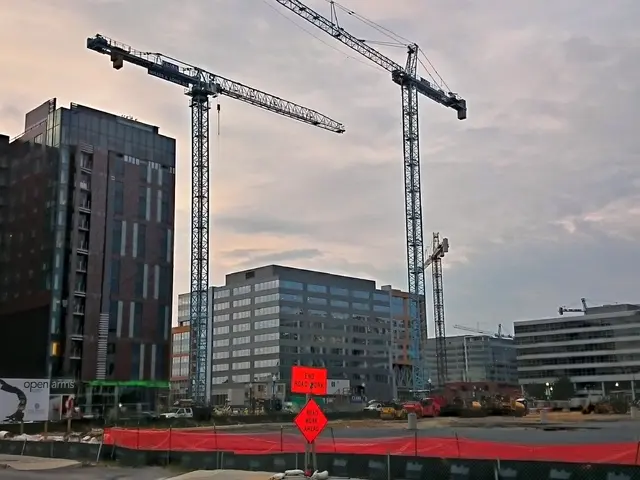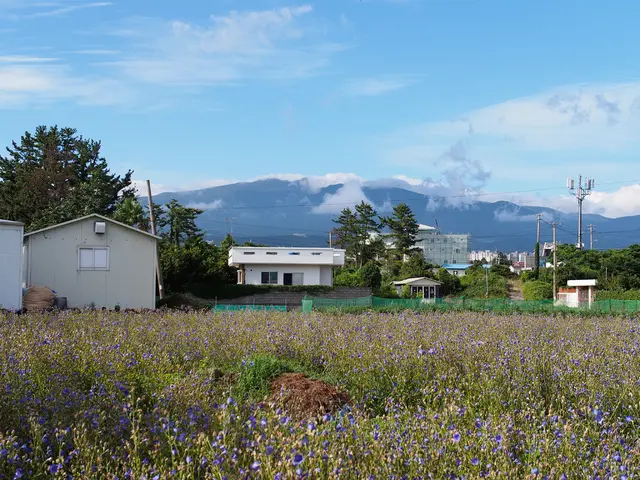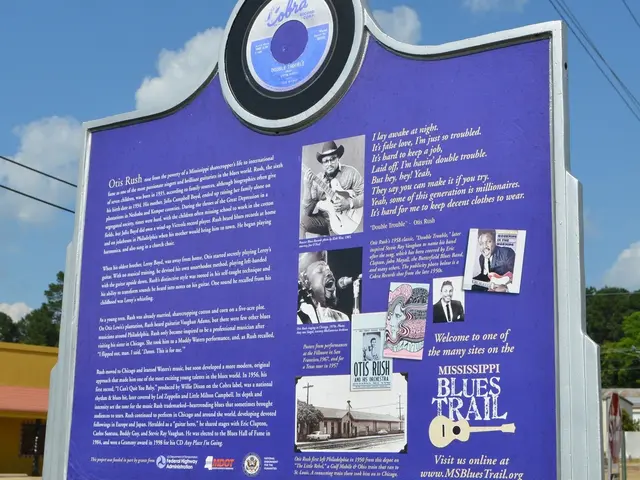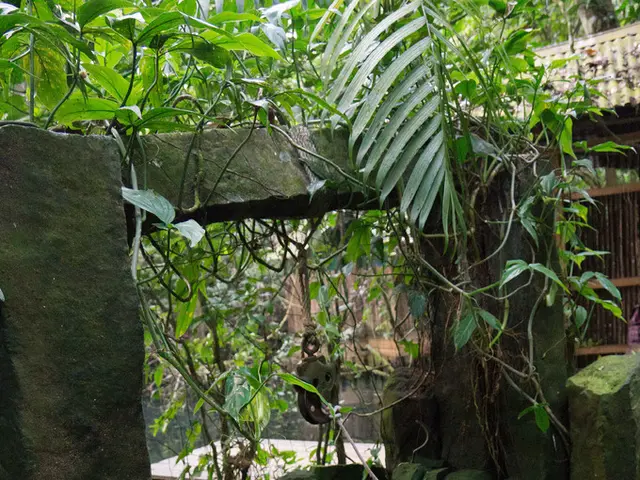Mounting climate costs lead US communities to turn to the judicial system for solutions
In a significant development, officials in Multnomah County, Oregon, have filed a lawsuit against major oil companies, seeking accountability and compensation for the devastating heatwave that struck the Pacific Northwest last year, causing hundreds of deaths in Oregon and Washington state. This event led officials to declare a climate emergency.
The lawsuit, spearheaded by attorney Roger Worthington of Worthington & Caron, names oil firms, industry groups, consultancies, and a local gas utility as responsible for the heat event. The suit cites the legal authority and duty of Multnomah County to protect its people and property from climate-related damages.
The suit seeks civil damages of US$50 million, plus US$1.5 billion in future damages, along with an estimated US$50 billion to upgrade infrastructure and health care services. This legal action offers an additional avenue for local climate change action, coming at a time when federal focus on the issue is changing course.
Several U.S. cities and regions have taken similar steps, filing lawsuits against major oil companies for climate damages attributable to global warming. New York City has filed class action lawsuits against ExxonMobil, while California has sued various oil companies for climate-related damages.
However, the legal strategy remains complicated. In a related case, a state judge in New York dismissed a lawsuit claiming major oil companies deceived residents on climate change. Mark Miller, a senior attorney with the Pacific Legal Foundation, argues that the issues at play are the prerogative of the federal government rather than local jurisdictions.
The suit in Multnomah County is not the first of its kind. Baltimore filed a similar lawsuit last year, which was dismissed by a circuit judge. Yet, the lawsuit from Honolulu, Hawaii, claims oil companies have known about the climate impacts of their products for decades but concealed their dangers.
The legal efforts have received a green light from the Supreme Court, allowing local officials to seek funds for climate change-related losses and needed upgrades from major oil and gas companies. These lawsuits seek a precedent that could help transform how to address corporate responsibility for climate change.
Advances in attribution science in the past five years can help researchers understand how specific climate changes are affecting ecosystems, human health, crop yields, and more. Delta Merner, who leads the Science Hub for Climate Litigation at the Union of Concerned Scientists, emphasised this point.
The story, published with permission from Thomson Reuters Foundation, a charitable organisation that covers humanitarian news, climate change, resilience, women's rights, trafficking, and property rights, highlights the growing activism and governance surrounding climate change, particularly in the context of energy security, floods, wildfires, and extreme weather events. The story also underscores the importance of local action in the face of shifting federal policies, as the SDGs 3. Health, 7. Energy, 8. Economic growth, 9. Infrastructure, 10. Inequality, 11. Cities, 13. Climate, 16. Peace, and other global initiatives emphasise the need for comprehensive, multi-faceted approaches to address climate change.








